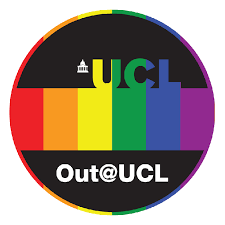Ensuring fairness must be at the core of the work, research and study experiences in higher education and society.
The impact of our actions on the college and faculty experiences of our students, staff and collaborators depend of how such fairness is understood and how it is realised.

Equity and Equality
Equality and Equity are both concepts that relate to fairness, but they are different. Equality assumes the objective is to treat everyone the same regardless of their starting point or their needs. A key shortcoming of this approach is that it can be blind to the historical and structural disadvantages of different members in our communities and in doing so can perpetuate disparities.
Equity on the other hand gives strong consideration to the different starting points for different individuals and therefore aims to achieve fairness by providing resources according to need. Equity acknowledges the historical, systemic and structural disadvantages that different cultural and social groups may have been subjected to and strives to reduce barriers.
Prioritizing need in the distribution of resources became a focus on the UCL 2020-2021 Equity and Inclusion plan. The MAPS faculty adheres to this understanding in its aim to ensure fairness.
Diversity
The concept of diversity involves recognizing, understanding and respecting our individual identities and differences along different social and cultural dimensions. These dimensions include but are not limited to ethnicity, gender, sexual orientation, race, socio-economic status, age, physical abilities, religious status, marital status and parental status. In understanding individual identities, we recognize that some categories of classification are not static, and we respect individual rights to self-identification.
A focus of diversity is on protected characteristics and on preventing and addressing all forms of discrimination. Then, beyond acknowledging difference, diversity implies knowing how to relate, collaborate, work and study together with individuals whose qualities, experiences and conditions are different from our own, free from prejudice and without any assumption of superiority.
Inclusion
Inclusion is about honouring, celebrating and valuing diversity. It is about warranting that our principles, plans, actions and outlook actively integrate the voices, desires and contributions of all the diverse groups in our communities. In short, it is about ensuring that everyone develops and cultivate an equal sense of belonging to our community.
Through inclusive practice we aim to promote the message that everyone is welcome as their whole selves and that we will ensure mutual respect. That no part of our identities needs to be concealed in order to be heard, in order to contribute or in order to access an opportunity.
Inclusion means addressing the power imbalances and the associated exclusionary and discriminatory practices that can be present in our communities. Thus, inclusive practice means the voices of disadvantaged members of our community will be at the centre of design and planning with the understanding that such an approach results in an overall benefit to everyone.
 Close
Close


